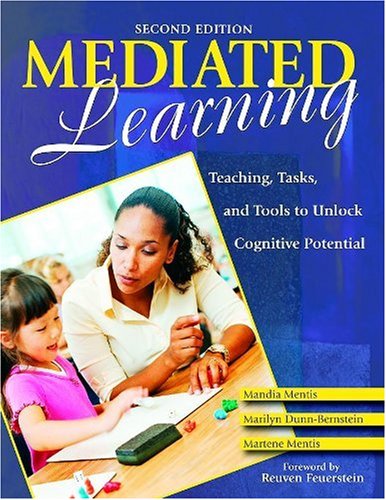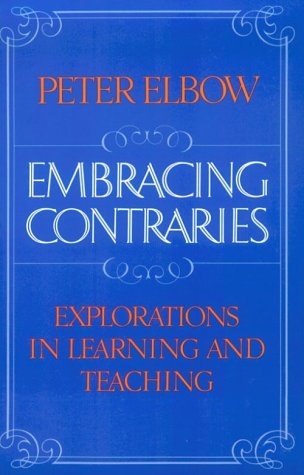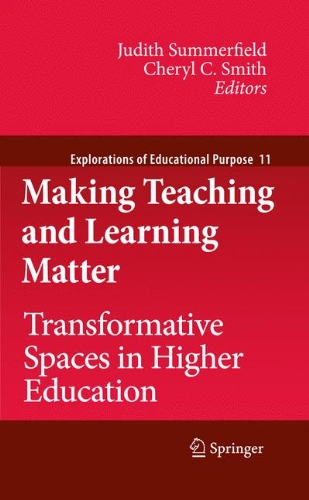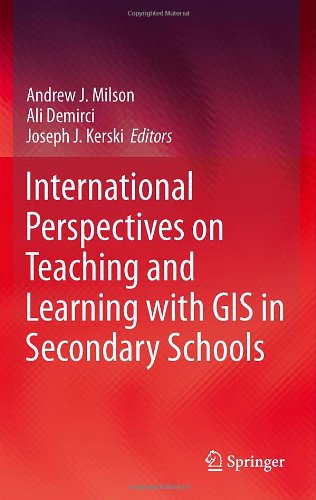The New Science of Teaching and Learning: Using the Best of Mind, Brain, and Education Science in the Classroom Review


This book offers a definitive, scientifically grounded guide for better teaching and learning practices. Drawing from thousands of documents and the opinions of recognized experts worldwide, it explains in straight talk the new Mind, Brain, and Education Science, a field that has grown out of the intersection of neuroscience, education, and psychology. While parents and teachers are often bombarded with promises of a better brain, this book distinguishes true, applicable neuroscience from the popular neuromyths that have gained currency in education. Each instructional guideline presented in the book is accompanied by real-life classroom examples to help teachers envision the direct application of the information in their own schools. The author offers essential tools for evaluating new information as it flows from research and adds to what we know. Written by a teacher for teachers, this easy-to-use resource documents the findings of the top experts in the field of neuroscience, psychology, and education. It addresses the confusion around the misuse of concepts in brain-based education, and applies well-substantiated findings about the brain to classroom practice and teaching.
"This seminal book has the potential to change the way we think about teaching and learning." -From the Foreword by
Pat Wolfe, educational consultant, Mind Matters, Inc.
"This is not only an excellent guide for teachers and a most-needed review of the cutting edge research on neuroeducation, but also a model of pedagogy. The author guides readers step by step in the fascinating exploration of the new transdisciplinary field called MBE, Mind, Brain and Education Science. I recommend this book to every teacher. It will clarify many issues and promote many educational initiatives."
-Antonio M. Battro, M.D., President of IMBES, International Mind, Brain and Education Society
"Tracey Tokuhama-Espinosa has written a highly accessible, extraordinarily well-documented compilation of essential information for all educators. This breakthrough book guides informed decision-making using the best science has to offer to return joy and authentic learning to our classrooms."
-Judy Willis, M.D., M.Ed., neurologist, middle-school teacher, author, and renowned speaker on brain-based education
"A fascinating review of state-of-the-art research. It does more than just debunk myths, it also points toward tried and true tenets and principles of education. Written with clarity, freshness, and a sense of urgency, this is a book that every educator-and everyone who cares about children-should read."
-Craig Pohlman, author of
How Can My Kid Succeed in School and
Revealing Minds









